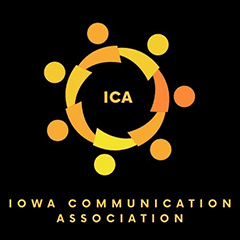Abstract
At one time, the logical positivists sought to erect firm boundaries between verifiable and unverifiable statements. The former were the proper concern of the sciences and, indeed, of any endeavor claiming the status of truth or knowledge. Unverifiable or untestable statements, including those about values, had no place in science and were deemed, as Ayer once put it, "literally senseless.” In spite of its prohibition against meaningful statements of value, the verificationist principle obviously harbors its own values, namely that the verifiable is good and the unverifiable bad. Implicit in positivist reasoning is the promotion of a scientific ethos that disavows such bodies of thought as ethical and religious systems and, for that matter, anything beyond the realm of the strictly empirical.
Journal Title
Iowa Journal of Speech Communication
Volume
24
Issue
2
First Page
3
Last Page
20
Language
en
File Format
application/pdf
Recommended Citation
McOmber, James B.
(1992)
"Skepticism and Science in a Creation Science Textbook,"
Iowa Journal of Communication: Vol. 24:
No.
2, Article 3.
Available at:
https://scholarworks.uni.edu/ijc/vol24/iss2/3
Copyright
©1992 Iowa Communication Association



